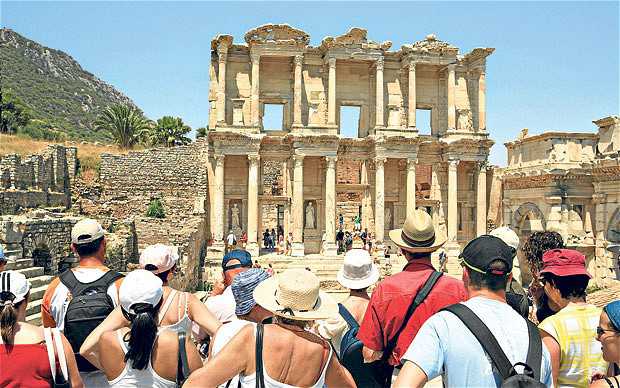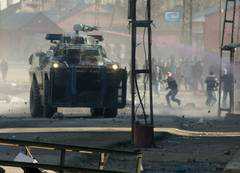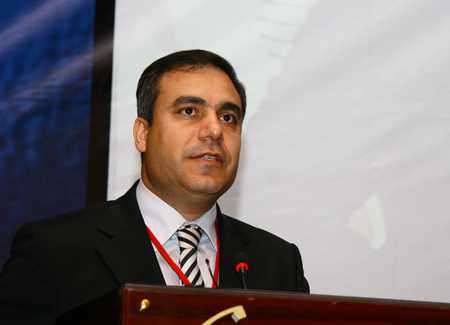Turkey limits court powers to question state spies
* Law amendment follows summons of intelligence chief
* Analysts see split on how to end war with Kurd militants
* Ruling party denies split and unites behind bill
ANKARA: Turkey’s parliament voted late on Thursday to stop prosecutors questioning spies without the prime minister’s permission, after a row which analysts said revealed divisions inside the state on ending the war with Kurdish militants.
The governing AK Party hastily introduced the amendment after prosecutors summoned National Intelligence Agency (MIT) chief Hakan Fidan for questioning over secret talks he held with the militant separatists, the Kurdistan Workers Party (PKK). Some analysts have interpreted the move against Fidan as a challenge to Prime Minister Tayyip Erdogan by followers of a rival wing within the ruling AK Party to scupper the prime minister’s secret efforts to end the 27-year-old conflict with the PKK.
Fidan was working in Prime Minister Tayyip Erdogan’s office at the time of the talks before Erdogan promoted him to lead the MIT. He ignored the summons and the prosecutor who issued it was removed from the case and then put under investigation himself. Fidan and MIT have repeatedly clashed with police over the detention and exposure of undercover agents during the arrests of hundreds of suspected PKK sympathisers, media said.
Umit Boyner, chairwoman of influential business association TUSIAD spoke in a television interview of her “horror” at what she called “the power struggle within the state”. The AKP denied any split and there was little evidence of it when government deputies swung behind the prime minister and voted to back the amendment to the law on intelligence agencies.
Justice Minister Sadullah Ergin said there was nothing wrong with talking to the PKK and that military, security and intelligence officials had repeatedly spoken with PKK leader Abdullah Ocalan since he was captured by Turkish special forces in Kenya in 1999 and jailed on an island on the Sea of Marmara. “A state that has such a possibility and does not use it to solve such a burning issue must be questioned,” he told parliament.
Opposition parties said the motion was a further grab for more power by Erdogan. “It’s clearly contrary to the rule of law. It’s not right to give one person this authority,” social democrat opposition leader Kemal Kilicdaroglu told the NTV news channel. This can only happen in a dictatorship.” He said his Republican People’s Party planned to appeal to Turkey’s constitutional court.
In the past year, Turkey’s courts have become swamped with dozens of often inter-linked cases against hundreds of military officers, journalists and suspected supporters of the PKK, which Ankara, Washington and the European Union all class as a terrorist organisation. The secularist opposition says the judiciary has been filled with officials, until now sympathetic to the government, since Erdogan’s AK Party came to power in 2002.
The AK Party, which emerged from a series of banned Islamist groups, won its third election last year with a large majority, giving Erdogan a comfortable mandate. In tapes of the talks with the PKK in Oslo and leaked to the media last year, Fidan, then the prime minister’s special envoy, said Erdogan was prepared to take a great political risk to pursue peace talks with the PKK.
Fighting has since flared up in the mainly Kurdish southeast where Turkish troops are determined to show no signs of letting up in their campaign against the PKK during the winter months when the mountainous region is blanketed under heavy snow. reuters
via Daily Times – Leading News Resource of Pakistan – Turkey limits court powers to question state spies.




